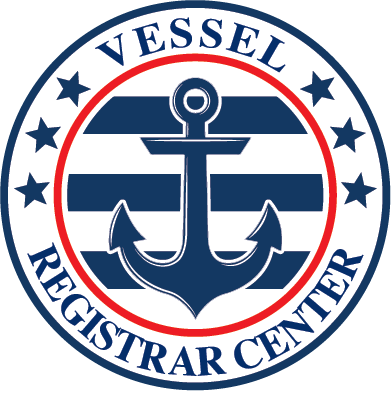The USCG documentation standards and regulations for boats serve many purposes. One of them is to successfully prove the vessel’s nationality at the moment of navigating international waters. So if you sail on foreign waters, your certificate of documentation provides you the status and protection of a U.S. flag vessel.
If you own a ship and seek documentation at a Federal level, you need to submit an application to the NVDC. But what are the considerations to do that right? How can you make sure your boat is fully compliant with both State and Federal laws? This blog intends to give you a brief but complete guide on the specific requirements to do that.
USCG Documentation for Recreational Vessels
One of the things to keep in mind is that for recreational vessels, USCG documentation is optional. You can choose to register your vessel with the Federal authorities, the State authorities, or both. Depending on your local regulation, some States will honor the Federal documentation and it won’t be necessary for you to submit any other documentation. Some others will require both Federal and State registration.
Here are the states that allow you to document your boat and don’t require you to register it:
- Arkansas
- Arizona
- California
- Colorado
- Delaware
- Hawaii
- Idaho
- Kentucky
- Massachusetts
- Maine
- Minnesota
- Mississippi
- Montana
- North Carolina
- South Carolina
- North Dakota
- Nebraska
- Virginia
- Vermont
Standards and Requirements for Boats
These standards and requirements outline what is necessary to keep your boat current and in compliance. The first thing to consider is the size of your vessel, which should be at least five tons. This doesn’t mean your boat actually weighs that. It’s a measurement of the volume of your ship, calculated through a formula called “simplified measurement.”
For recreational boats only, the place of manufacturing is not contemplated. However, you as the owner need to be a U.S. citizen; whether you’re native-born, naturalized, or derivative. If you’re a citizen but are living abroad, you can still acquire your documentation. Your ship can also be located offshore. You should also present a Satisfaction of Mortgage, provided by the bank when you finance your vessel.
As for the documentation per se, this is the paperwork you need to keep up-to-date, and always on the boat:
- Certificate of documentation to be issued by the Coast Guard. It’s valid for one year and must be renewed. You can do that on our boat registration renewal page.
- Any documentation pertaining to the vessel’s transaction: transfers of interest, preferred vessel mortgages, claims of lien, and bills of sale.
- If you notarized the vessel in a foreign country, the documentation must have an apostille by a member country of the Hague Convention.

Handle All Your Vessel Documentation in Just One Place
The goal of the Maritime Documentation Center is to serve you as the go-to place for all things related to your vessel documentation. When you navigate our website, you’ll find specific sections for each documentation with their corresponding pricing and easy-to-fill forms.
If you still have any questions in regards to how to handle your Vessel Documentation, call us at (800) 535-8570.




